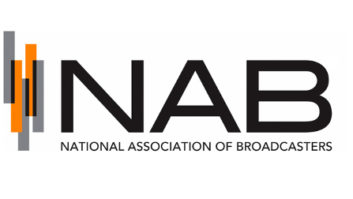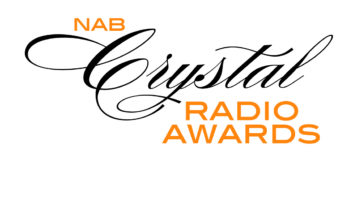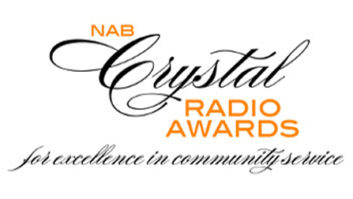The National Association of Broadcasters is pushing back against the FCC’s proposed 2019 fees for radio stations and seeks a new notice with a better explanation of the planned increases.
In a phone call this month with several officials of the FCC’s Office of Managing Director, two NAB executives characterized the planned increases as “remarkable,” according to a notice of ex parte communication summarizing the conversation. NAB says the increased fees “will be an unexpected and substantial burden for many broadcasters” who are already facing increased competition from digital outlets.
It said for example that regulatory fees for some FM stations would increase from $8,350 to $10,075, while some AM stations would see an increase from $2,975 to $3,550, with proportional increases for other stations.
NAB questions the data the commission provided to justify the fee hikes. While acknowledging the commission’s larger total budget, which is up 5.2% from 2018, the association says this does not adequately “explain or justify” the fee change.
[Big Broadcasters Weigh in on Ownership Changes]
Furthermore, NAB pushed back against the idea that the radio industry is contracting and thus theoretically contributing less to the commission’s budget through fees. Instead, NAB points out that a report from the Media Bureau shows “the total number of AM and commercial FM radio stations has actually increased by one since last year” and thus contradicts this idea.
Another so-called shortfall in the notice, according to the NAB, is that it fails to provide data to explain the “‘benefits provided to the payor of the fee by the Commission’s activities,’ as required under the Communications Act.” For example, previous notices shared the number of full-time Media Bureau employees, but this year’s only provided the number of full-time employees dedicated to radio service, which renders direct comparison impractical.
NAB concluded that it was unable to usefully comment because “the current notice does not meet the barest of standards to which the FCC holds itself and to which Congress holds the Commission.”












